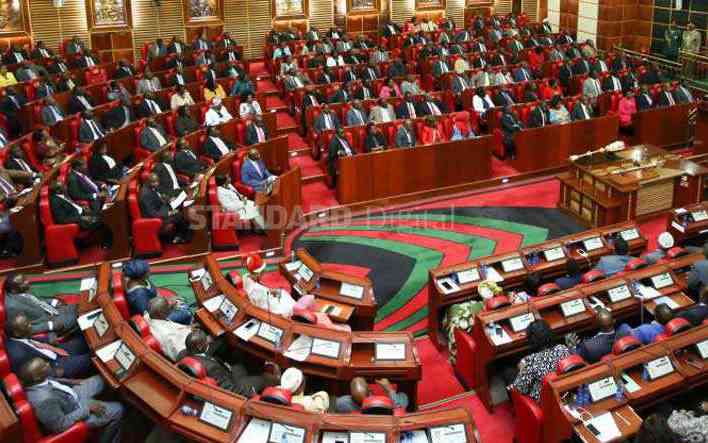×
The Standard e-Paper
Kenya’s Boldest Voice

The impeachment of Deputy President Rigathi Gachagua is currently under review in the Senate.
If the Senate votes to impeach him, the President will be required to nominate a new Deputy President and submit the nominee's name to Parliament.







